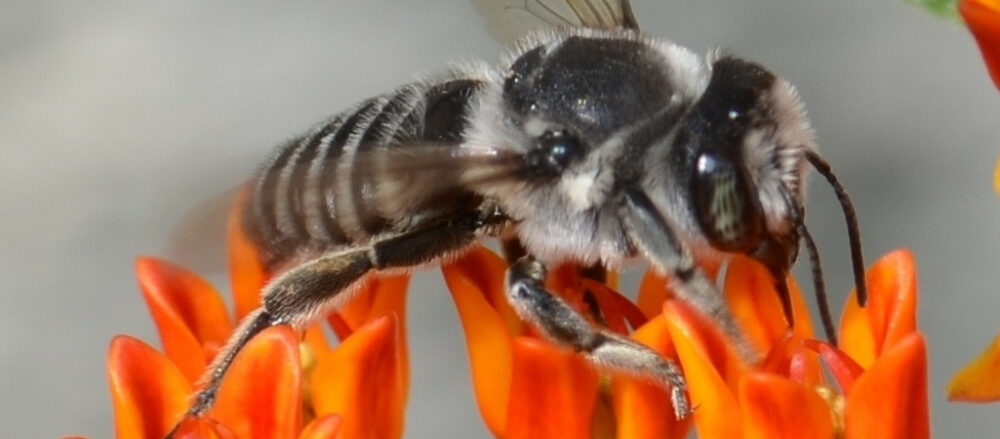Just broadcast this morning on NPR:
From the Western Front trenches of World War I to the deserts of Iraq, soldiers have found comfort in the simple act of gardening.
Kenneth Helphand, writes about war gardens — not just victory gardens, grown in time of scarcity, but those planted on hostile fronts, including Eastern Europe’s ghettos and the Japanese-American internment camps of World War II. Helphand calls the gardens an act of defiance.
How much “defiance” figures into my own gardening? The garden does not judge me. The insects and plants do not care if I’m angry or happy or grieving.
Gardening connects me to something bigger than me, bigger than everyone. Through gardening, I can tap into a sense of time that dwarfs the brief existence of humankind, the source of all suffering in the world. It reminds me that, whatever happens to me, to us, life prevails.
Gardening is an act of defiance because, no matter what people inflict on each other and themselves in the names of their gods, gardening demonstrates hope.
